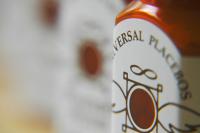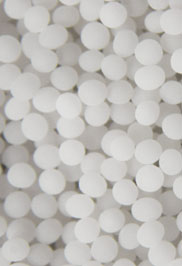An article in the Journal of General Internal Medicine explores the actual use of placebos by conventional doctors
Abstract
Background – The placebo and the placebo effect are often investigated in the context of clinical trials. Little data exist on the use of placebos in the course of routine health care.
Objective – The aim of this study is to describe a group of academic physicians’ use of placebos and their knowledge, attitudes, and beliefs about placebos and the placebo effect.
Design – A 16-question anonymous web-based survey of physicians from Internal Medicine departments of 3 Chicago-area medical schools was used.
Results – There were 231/466 (50%) physicians who responded; of these, 45% reported they had used a placebo in clinical practice. The most common reasons for placebo use were to calm the patient and as supplemental treatment. Physicians did not widely agree on the definition of a placebo and had a variety of explanations for its mechanism of action. Ninety-six percent of the respondents believed that placebos can have therapeutic effects, and up to 40% of the physicians reported that placebos could benefit patients physiologically for certain health problems. Only 12% of the respondents said that placebo use in routine medical care should be categorically prohibited. Regarding “placebo-like” treatment, 48% of respondents reported giving at least 1 type of treatment in a situation where there was no evidence of clinical efficacy.
Conclusion – Nearly half of the respondents use placebos in clinical practice and most believe in the mind–body connection. The results of this study, based on retrospective self-reported behavior, are subject to recall bias and may not be representative of American physicians.
"Academic Physicians Use Placebos in Clinical Practice and Believe in the Mind–Body Connection"
– Rachel Sherman and John Hickner (University of Chicago Pritzker
School of Medicine), Journal of General Internal Medicine, Volume 23,
Number 1 / January, 2008




